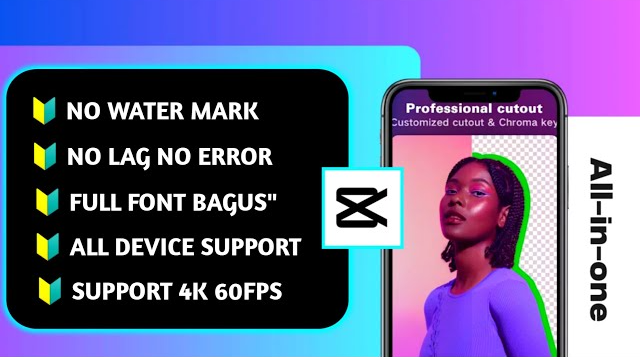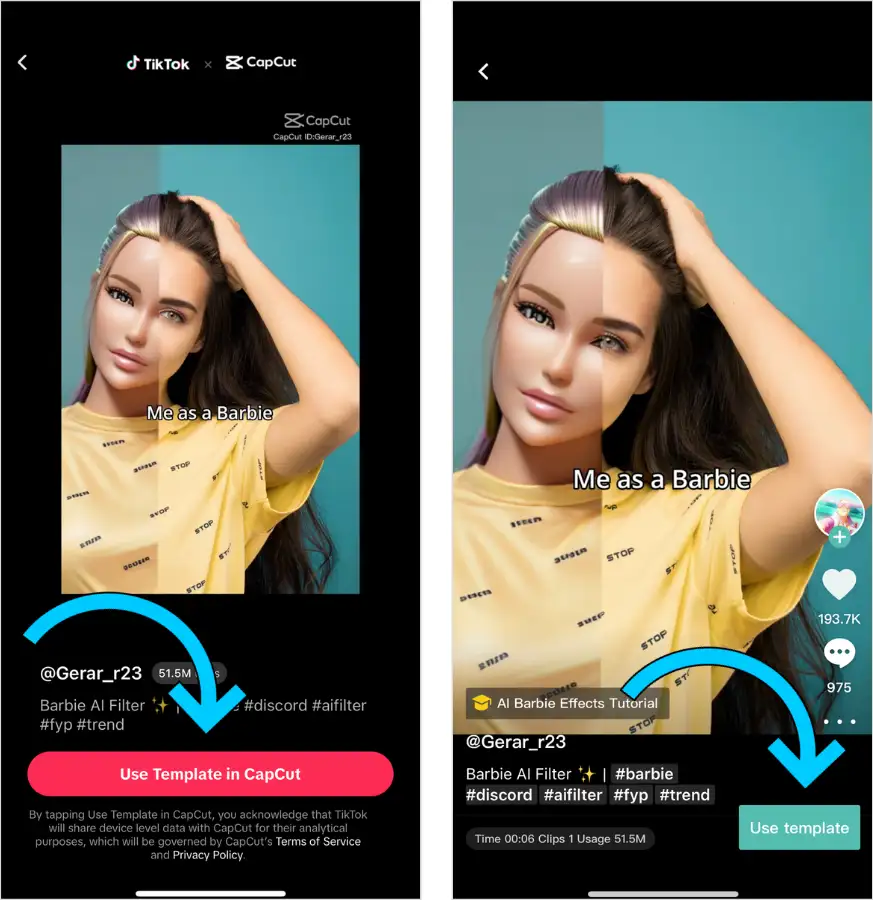Is It Safe to Share APK Files? Understanding the risks and benefits
APK files, or Android Package Kits, are the backbone of the Android app ecosystem, allowing users to install applications on their devices. While the Google Play Store is the primary source for downloading these files, there’s a growing interest in the best APKs that are not on the Play Store. These APKs offer unique functionalities, customisation options, and sometimes even premium features for free. However, a common question arises: Is it safe to share APK files? This blog post will explore the safety concerns, potential risks, and benefits associated with sharing APK files, along with guidance on how to do so responsibly.
What Are APK Files, and Why Are They Popular?
Before delving into the safety aspects of sharing APK files, it’s important to understand what they are and why they’ve become so popular. An APK file is essentially the package file format used by Android to distribute and install apps. Unlike the iOS ecosystem, which is tightly controlled by Apple, Android allows for greater flexibility in how apps are distributed and installed.
Many users turn to APK files to:
- Access apps that are not available in their region.
- Install the latest version of an app before it’s officially released.
- Use the best APKs that are not on the Play Store due to policy violations, such as offering premium content for free or enabling deep customisation of Android devices.
These advantages make APKs highly sought after, but they also come with certain risks, especially when sharing these files.
The Appeal of the Best APKs That Are Not on the Play Store
The best APKs that are not on the Play Store offer a range of benefits that make them appealing to Android users. These include:
1. Exclusive Features
Some APKs offer features that are either limited or nonexistent in their Play Store counterparts. For example, YouTube Vanced provides an ad-free YouTube experience with background playback, which is not available in the official YouTube app without a subscription.
2. Customisation
Apps like Lucky Patcher allow users to modify other apps on their device, removing ads, bypassing license verification, and more. This level of customisation is often restricted on the Play Store due to Google’s policies.
3. Access to region-locked apps
Certain apps are only available in specific regions. By downloading the APK file, users can bypass these restrictions and gain access to apps that would otherwise be unavailable.
4. Early Access to New Features
Sometimes, developers release updates to their apps via APK files before they are available on the Play Store. This allows users to access new features and improvements before the general public.
However, while these benefits are appealing, they also raise important questions about safety, particularly when it comes to sharing APK files.
Is It Safe to Share APK Files? Understanding the Risks
Sharing APK files can be convenient, especially when trying to distribute the best APKs that are not on the Play Store. However, it’s essential to understand the risks involved:
1. Malware and viruses
One of the most significant risks of sharing APK files is the potential for malware or viruses. Unlike apps downloaded from the Play Store, which undergo strict security checks, APK files can be tampered with by malicious actors. Sharing an APK file that contains malware can compromise the security of the recipient’s device, leading to data theft, unauthorised access, or other harmful consequences.
2. Unverified Sources
When APK files are shared from unverified sources, there’s no guarantee that the file hasn’t been altered or infected. Even if the original APK was safe, sharing it multiple times increases the risk of it being tampered with.
3. Violation of Terms of Service
Many APKs that offer premium features for free or modify existing apps violate the terms of service of the original app or the Play Store. Sharing these APKs can lead to legal issues, account bans, or other consequences for both the sender and recipient.
4. Lack of Updates
Apps installed via APK files do not receive automatic updates from the Play Store. This means that users may miss out on important security patches or new features unless they manually download and install the updated APK. Sharing an outdated APK file can leave users vulnerable to security risks.
5. Privacy Concerns
Some APKs may request excessive permissions, such as access to contacts, messages, or location data. When sharing APK files, you may inadvertently expose the recipient to privacy risks, especially if the app collects and transmits data without their knowledge.
How to safely share APK files
Given the risks associated with sharing APK files, it’s crucial to take steps to minimise these dangers. Here’s how you can safely share the best APKs that are not on the Play Store:
1. Use trusted sources
Always download and share APK files from trusted sources, such as the official website of the app developer, APKMirror, or F-Droid. These platforms have stringent security measures in place to ensure the APKs they distribute are safe and free from malware.
2. Verify the APK File
Before sharing an APK file, verify its authenticity by checking the file’s hash value. Tools like Hash Droid can compare the APK’s hash value with the one provided by the developer to ensure the file hasn’t been tampered with.
3. Scan for malware
Use a reliable antivirus app to scan the APK file for malware before sharing it. Apps like Malwarebytes and Bitdefender offer robust protection and can detect potential threats in APK files.
4. Inform the recipient
When sharing an APK file, inform the recipient of the potential risks and encourage them to take precautions, such as scanning the file and reviewing the app’s permissions before installation.
5. Use encrypted sharing methods.
If you need to share an APK file, consider using encrypted sharing methods, such as secure email services or encrypted messaging apps. This reduces the risk of the file being intercepted and tampered with during transmission.
6. Be mindful of legal implications.
Before sharing an APK file, consider the legal implications, especially if the app violates terms of service or copyright laws. Sharing such APKs can lead to legal trouble for both the sender and recipient.
The benefits of sharing APK files
While sharing APK files comes with risks, it also offers several benefits, especially when it comes to accessing the best APKs that are not on the Play Store. Some of these benefits include:
1. Access to region-locked content
Sharing APK files allows users in different regions to access apps that may not be available in their country. This is particularly useful for accessing streaming services, games, or productivity apps that are restricted to specific regions.
2. App Backup and Restoration
Sharing APK files can be a convenient way to back up and restore apps, especially when switching devices or performing a factory reset. By keeping a copy of the APK file, you can quickly reinstall the app without needing to download it from the Play Store.
3. Offline Sharing
In situations where internet access is limited or unavailable, sharing APK files offline can be a practical solution. This is especially useful in remote areas or during travel, where downloading apps from the Play Store may not be feasible.
4. Customisation and Modding
For users who enjoy customising their Android experience, sharing APK files allows them to share modified or customised versions of apps. This can include apps with custom themes, unlocked features, or other modifications that are not available on the Play Store.
Best Practices for Using and Sharing APK Files
To ensure a safe and enjoyable experience when using and sharing APK files, follow these best practices:
1. Always Read User Reviews
Before downloading an APK file, read user reviews and comments to gauge the app’s reliability and safety. Look for reviews from trusted sources or community forums where experienced users share their insights.
2. Check app permissions.
When installing an APK file, carefully review the permissions it requests. If the app asks for permissions that seem unnecessary for its functionality, consider whether you really need to install it.
3. Stay Updated
If you’re using an APK file instead of downloading the app from the Play Store, regularly check the developer’s website or trusted APK platforms for updates. Installing the latest version ensures you have the most up-to-date security patches and features.
4. Be Cautious with Modded APKs
Modded APKs, which are altered versions of original apps, often offer additional features or remove restrictions. However, these files can also pose significant security risks. Only download modded APKs from reputable sources and be aware of the potential consequences.
5. Educate Others
If you frequently share APK files with friends or family, take the time to educate them about the risks and safety precautions. Encourage them to use trusted sources, scan files for malware, and be mindful of the apps they install.
Conclusion: Balancing Convenience and Safety
Sharing APK files can be a convenient way to access the best APKs that are not on the Play Store, but it’s essential to approach this practice with caution. By understanding the risks and following best practices, you can safely share APK files while minimising the potential for malware, privacy breaches, and legal issues.
Whether you’re sharing an app that offers exclusive features, customising your Android experience, or helping a friend access region-locked content, always prioritise security. Remember, while the convenience of sharing APK files is undeniable, ensuring the safety of your device and data is paramount. So, is it safe to share APK files? The answer lies in how you choose to do it—responsibly and with the necessary precautions.
Share via:



